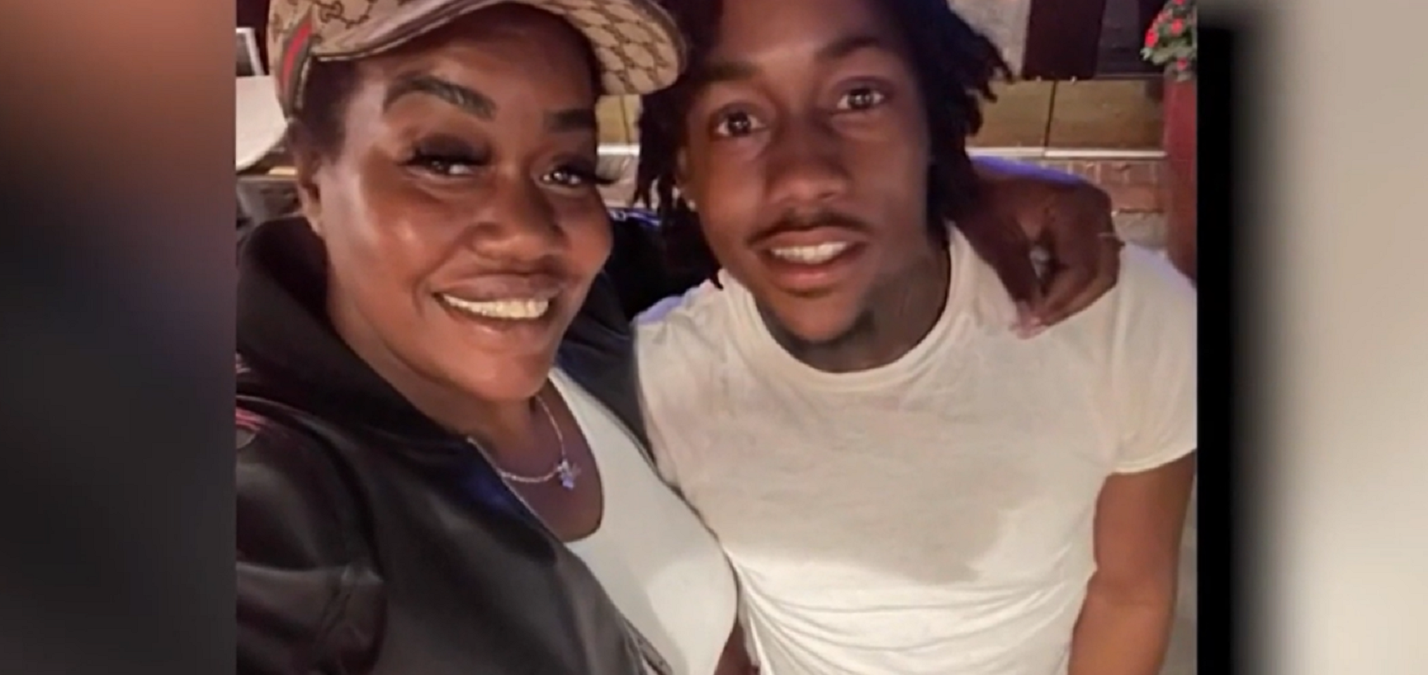As Chicago police officials grapple with a series of officer suicides, the department’s former wellness adviser decried the practice of canceling days off as “inhumane” and called for a sweeping plan to address psychological issues within the ranks.
The latest tragedy unfolded Saturday, when a sergeant suffered an apparent self-inflicted gunshot wound. He died Sunday, police said in a statement.
“We ask that the city wrap its arms around this sergeant’s loved ones as they mourn his loss,” according to the statement. “Please also take a moment to pray for the men and women of CPD, who are grieving alongside this sergeant’s family.”
Two other officers had already died under similar circumstances this month. Durand Lee, 42, was pronounced dead Friday. Patricia Swank, 29, died on June 2.
Feeling out of the loop? We'll catch you up on the Chicago news you need to know. Sign up for the weekly Chicago Catch-Up newsletter here.
Alexa James, the chief executive of the National Alliance on Mental Illness Chicago, was initially tapped in September 2020 as the department’s senior adviser on wellness — shortly after Deputy Chief Dion Boyd, 57, fatally shot himself in his office.
She said she stepped down roughly a year later, fearing she was adding “very little value,” though her organization still trains officers at the police academy and consults with the department “on all things mental health.” She said cops have recently complained they “feel like a number” after having their days off canceled, a controversial practice that’s been used to address the department’s deep staffing issues.
“I think what’s happening is inhumane,” she said. “And I’m certainly not linking [regular day off] cancellations to increase of suicide, but we do know that this is the pattern.”
Local
Suicides typically spike between May and October, “and this is what we see reflected in the Police Department,” according to James, who said some officers are already at a high risk of suicide because they’re middle-aged men with access to guns who deal with significant trauma and stress.
She pushed for a new strategy that would allow officers to “have a break,” noting that being overworked is “hugely impactful” on their mental health. Losing sleep affects decision-making, she said, and limiting personal time can increase stress levels and reduce opportunities to address the trauma officers experience at work.
“They really see these horrific, triggering events all the time that they’ve compounded,” she said. “And when you’ve compounded levels of trauma, and with no opportunity to kind of debrief unless you’re forced to, it can become increasingly likely that you develop stress disorders, depression [and] anxiety.”
While James credited a plan to hire more counselors for officers, she insisted it won’t “mitigate the decades of disinvestment around wellness.” She called for a “comprehensive strategy” that runs parallel to the department’s public safety plans and makes treatment accessible, accounting for time off between shifts and ensuring officers have the skills to engage their loved ones about their work.
Spokespeople for Mayor Lori Lightfoot and Chicago Police Supt. David Brown didn’t immediately respond to inquiries from the Chicago Sun-Times, though both have pushed back when questioned about canceled days off.
“Look at the incredible amount of furlough days, personal days and other things that officers have by contract,” Lightfoot said last month. “This notion — I think the infamous head of the FOP has said as part of his campaign, ‘They’re being worked like mules’ — it’s just simply not correct.”
In a statement posted on Twitter on Sunday, the Police Department said its members “are in the midst of the most difficult and challenging time to be a Police Officer in this country. Officer well-being and overall mental health is our top priority.”
Lightfoot added: “Please know that we hear you & are working tirelessly to ease the mental & physical burden of our police officers.” Both she and the Police Department advised officers to seek the same clinical services James said are inadequate.
In the wake of Officer Lee’s death, Catanzara said the union “can always do a better job of looking out for our brothers and sisters and trying to pay attention to possible crisis moments.”
To be more accommodating, he said, the union renovated a floor of the FOP lodge specifically for counseling services. Yet he claimed the city did “nothing to follow through,” and the department’s counseling division has refused to use the offices.
“It’s a joke,” he said, adding that the union is now planning to bringing in a counselor to conduct sessions.



